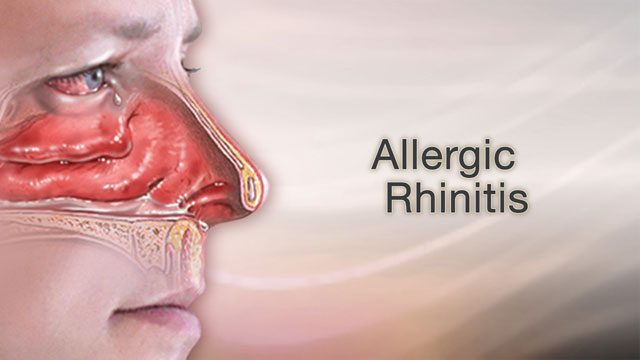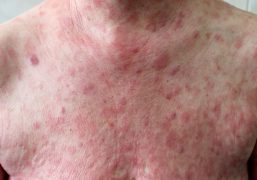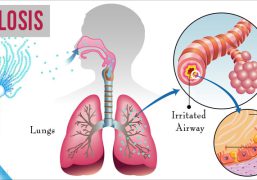Allergic Rhinitis
Allergic rhinitis is a medical condition that involves inflammation of the nasal passages as a result of an allergic reaction. It is also commonly known as hay fever. Allergic rhinitis is triggered by allergens such as pollen, dust mites, and animal dander.
The symptoms of allergic rhinitis can include sneezing, itching of the nose or throat, runny or stuffy nose, and watery eyes. In some cases, individuals may also experience headaches, fatigue, and difficulty sleeping due to the severity of their symptoms.
Diagnosis of allergic rhinitis is typically made through a combination of a physical exam and allergy testing, which can help to identify the specific allergens that are triggering symptoms.
Treatment for allergic rhinitis typically involves avoiding exposure to allergens whenever possible, as well as using medications such as antihistamines, nasal corticosteroids, and decongestants to manage symptoms. In some cases, allergen immunotherapy (allergy shots) may also be recommended to help reduce sensitivity to specific allergens over time.
Prevention of allergic rhinitis includes avoiding exposure to known allergens and practicing good hygiene practices, such as washing hands regularly and keeping indoor spaces clean and free of dust and pet dander.






